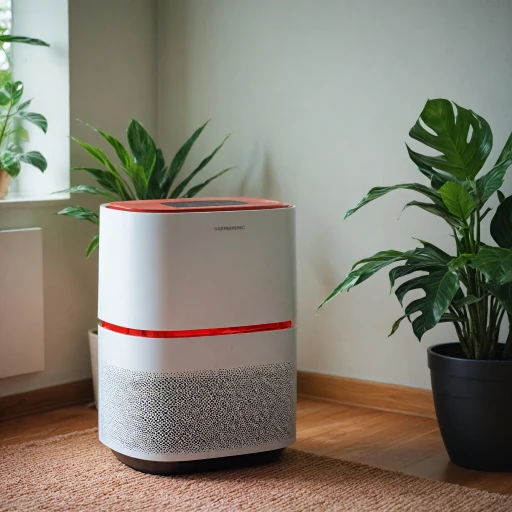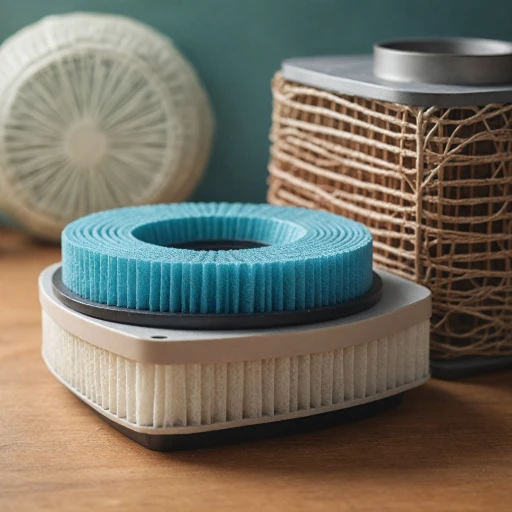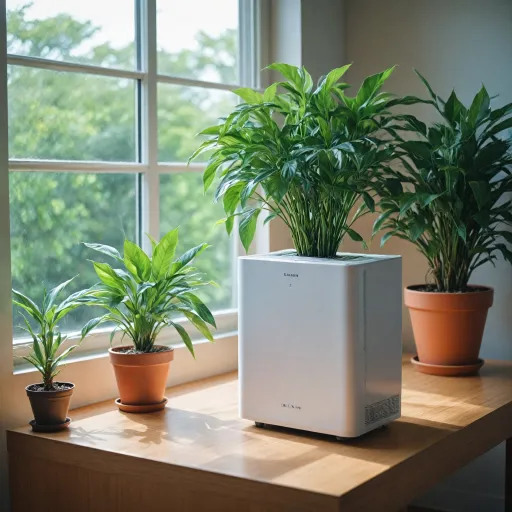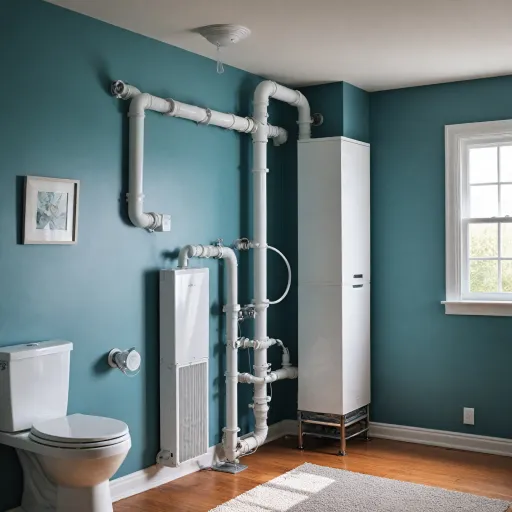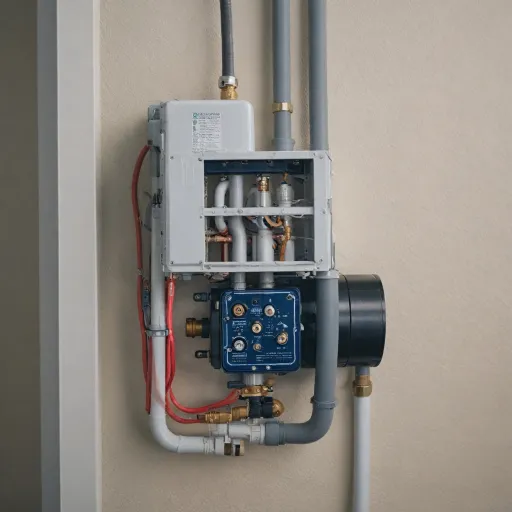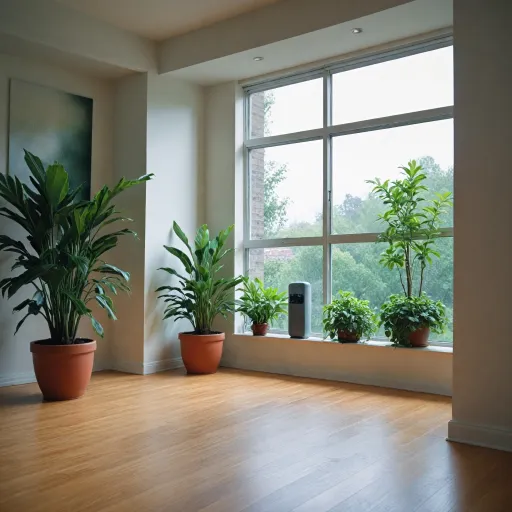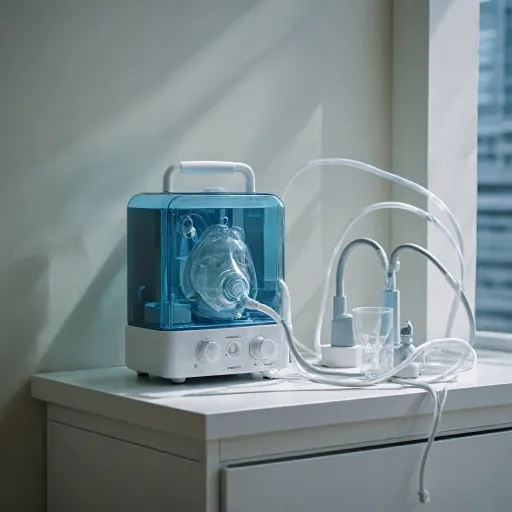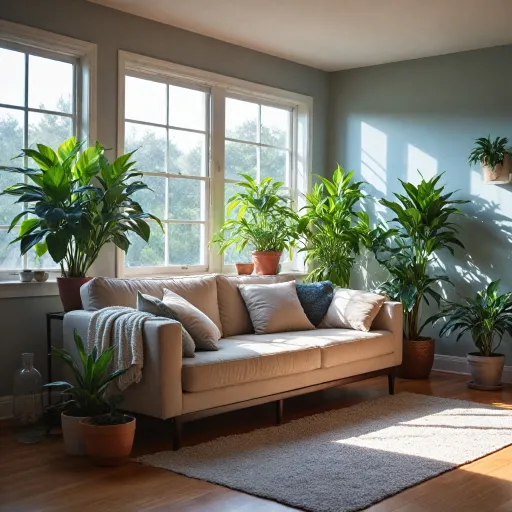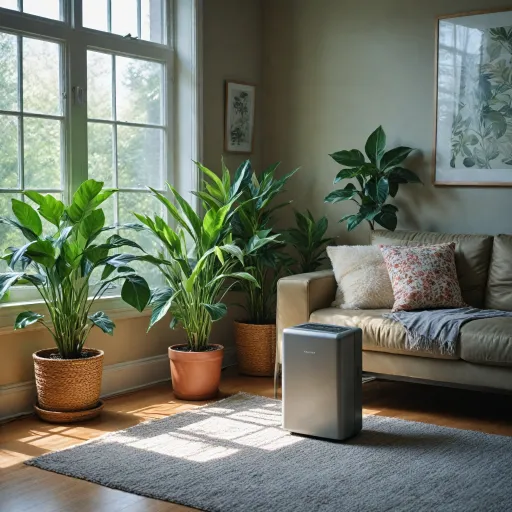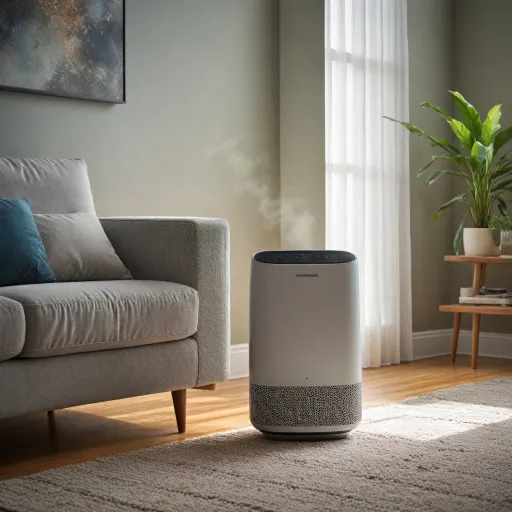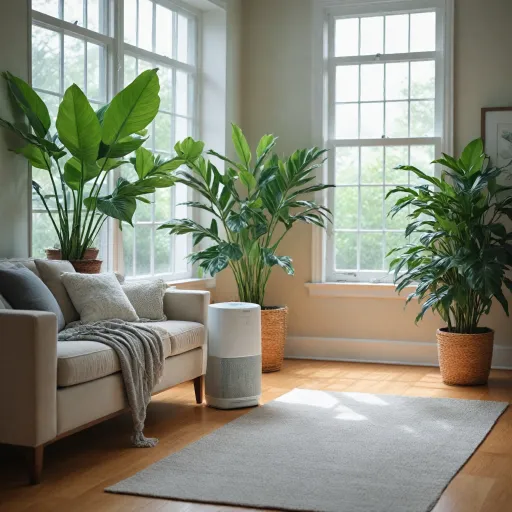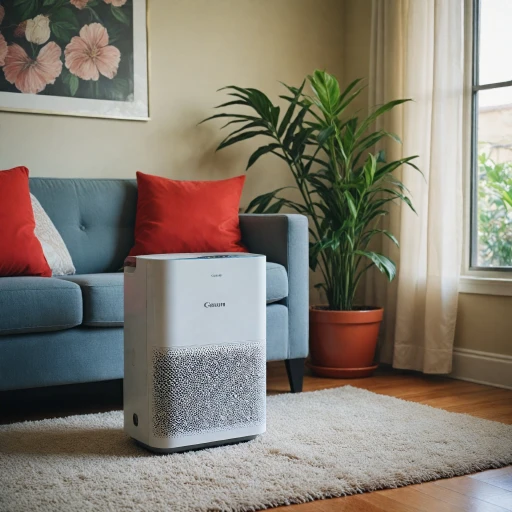
Understanding Air Quality Challenges in Mobile Homes
Challenges of Maintaining Fresh Air in Small Spaces
Living in a mobile home presents unique air quality challenges due to its compact space and often limited ventilation. These environments can harbor pollutants such as dust, allergens, and odors, which can accumulate more quickly than in larger homes. The impact of cooking in a small kitchen or having an ineffective furnace door filter can contribute to a buildup of potentially harmful particles.
Understanding Pollutants and Their Origins
Air pollutants in mobile homes can originate from a range of sources. Outdoor contaminants like pollen and dust often enter through door filters every time you open a door. Additionally, internal sources such as furnaces or certain products made from synthetic materials release volatile organic compounds (VOCs). Using compatible miller and broan maytag filters can help capture these particles. Such products may include foam inserts or aluminum mesh which enhance filtration.
Impact on Health and Comfort
The potential concentration of pollutants in a mobile home can lead to a higher risk of indoor air quality-related health issues, such as respiratory problems and allergic reactions. Ensuring proper filtration, through methods like using carbon pads or foam furnace solutions, is crucial for maintaining a comfortable living space. For more information on how air purifiers help manage indoor air issues, consider exploring additional resources.
Types of Air Filters Suitable for Mobile Homes
Ideal Filters for Mobile Spaces
Mobile homes present unique challenges, especially when it comes to maintaining air quality. Choosing the right filtration can mitigate these issues effectively. First, there are different types of filters perfect for these compact environments. The furnace door filter, compatible with systems like Miller Nordyne and Broan Maytag, is a popular choice. These filters are specifically designed to fit the small dimensions often present in mobile homes. Washable filters, such as those with an aluminum mesh, are a practical solution for those looking for a reusable option. Being washable, these filters don't need frequent replacement, making them an economical alternative over time. However, they require regular maintenance to ensure optimal performance. For those concerned about odors, carbon pad filters are worth considering. They help tackle unpleasant smells, including those that might come from the kitchen area, enhancing the indoor air environment. Filters made from foam materials, like the foam furnace filters, also offer another option. They're lightweight and can be easily installed in spaces with restricted access, such as behind a door or within small compartments. If energy efficiency and cost are top concerns, opting for air filters that offer excellent filtration performance without excessive power use is crucial. Many products ship with these features, prominently advertised in product descriptions or reviews. Checking the filter stars rating could be a guiding factor when determining their efficiency and longevity. For a comprehensive understanding of these types, their effectiveness, and how they tackle specific issues like mold, learn more about mold issues here. Understanding what each filter offers will assist you in selecting the most suitable option for your mobile home.Benefits of Using Air Filters in Mobile Homes
Advantages of Incorporating Air Filtration in Mobile Homes
Effective air filtration systems suit mobile homes exceptionally well due to their unique design and compact nature, ensuring that the air quality inside these spaces is consistently optimized.- Improved Air Quality: The air within mobile homes can significantly benefit from the integration of specialized filters, such as those compatible with brands like Miller Nordyne and Broan Maytag furnaces. These filters are adept at capturing small particulates, contributing to an overall enhancement of the home’s environment.
- Odor Reduction: High-quality products, including activated carbon pads, excel at neutralizing odors from kitchens, bathrooms, or any other part of the home. This makes air purifiers with suitable filters invaluable for mobile homes that may experience stronger smells due to their smaller size.
- Health Benefits: With the potential for pollutants and allergens to build up quickly in compact spaces, using aluminum mesh or foam furnace filters can safeguard health by reducing respiratory issues and allergic reactions.
- Versatility and Compatibility: Many of these air filters, including washable varieties, are compatible with a wide array of furnace models, such as Intertherm Broan and Maytag furnaces. This versatility ensures you can find products that uniquely suit your mobile home.
- Energy Efficiency: Advanced filtration systems do not just improve air quality but also aid in the efficient operation of your home appliances. Products like filter-compatible furnace door mesh can enhance the energy performance of HVAC systems.
Choosing the Right Air Filter for Your Mobile Home
Selecting the Best Filter for Your Mobile Space
Choosing the right air filter for your mobile home can greatly enhance its air quality and comfort. With various options available, it's crucial to consider your specific needs to find the most suitable product.- Type of Filtration: Opt for filters that cater to your specific air quality concerns. A HEPA filter can be advantageous for smaller particles, while an activated carbon pad excels at odor reduction. Some products combine these technologies for maximum efficiency.
- Compatibility: Ensure the filter you choose is compatible with your furnace or HVAC system. For instance, filters that fit Nordyne Intertherm, Miller Nordyne, or Broan Maytag systems might be necessary depending on your mobile home’s setup. Check for filters labeled “compatible Miller” or “compatible Nortek” to simplify your search.
- Reusable and Washable Options: If eco-friendliness and long-term cost savings are priorities, consider washable filters. Options like foam furnace filters or aluminum mesh can be rinsed and reused, making them cost-effective over time.
- Size and Fit: Measure your furnace door or filter compartment carefully. Mobile homes can have unique sizing needs, and a poor fit can reduce filtration efficiency. Products often list their dimensions and compatibility, so confirm this before purchasing.
- Performance Ratings: Check performance ratings such as MERV (Minimum Efficiency Reporting Value) or other industry-recognized standards. Systems with high-filter stars ratings generally provide better filtration.
- Budget and Value Pack Options: While trying not to compromise on quality, consider the cost and opt for value packs that offer multiple filters. This can be an excellent way to save money while ensuring consistent air quality improvement.
Installation and Maintenance Tips for Mobile Home Air Filters
A Step-by-Step Guide to Installing and Maintaining Air Filters in Mobile Homes
Installing and maintaining air filters in mobile homes can be simple if approached correctly. This process not only boosts air quality but also adds value to your investment. Here’s a streamlined guide to keep your air filtration system running smoothly.- Select the Right Placement: Often, the best spot to install an air filter in a mobile home is near the door filter or integrated with the furnace door. This ensures efficient circulation through your furnace system, be it a compatible Miller, Nordyne Intertherm, or even Broan Maytag.
- Consider Filter Type and Size: Ensure your selected filter complements your system. Many units accommodate standard sizes, but custom dimensions might be required for certain models. Keep an eye out for products featuring reusable materials like washable foam or aluminum mesh.
- Installation Steps:
- Turn Off the System: Always power down your furnace or air system before beginning installation to ensure safety.
- Access the Filter Compartment: Open the furnace door, often located near the miller nordyne unit or intertherm broan housing.
- Install the Filter: Follow the 'airflow' arrows on your filter. Secure it snugly to avoid gaps, which can hinder filtration efficiency.
- Maintenance:
- Regular Checks: Examine your filters monthly. Dust and debris collected might necessitate more frequent cleanings depending on usage and air quality.
- Cleaning and Replacement: For washable options like foam or aluminum mesh, rinse and allow to dry completely before reinsertion. Products prone to degradation like carbon pads should be regularly replaced to maintain optimal performance.
- Stock Up on Supplies: It’s wise to maintain a pack of spare filters or compatible replacements like furnace filters or broan maytag options.
Cost Considerations and Energy Efficiency
Budgeting and Energy Efficiency in Mobile Home Air Filtration
When it comes to selecting air filters for mobile homes, cost considerations are an essential factor. Investing in high-quality filters may appear daunting initially, but they ultimately pay off in terms of air quality benefits and energy efficiency.- Cost of Different Filters: The price of air filters can vary greatly based on the type and size. Standard filters, such as foam and aluminum mesh filters, tend to be more economical than those with more advanced filtration technologies. However, filters like the carbon pad, renowned for its filtration capabilities, might come at a premium.
- Longevity and Replacement: Products like washable filters or aluminum mesh filters can be cleaned and reused multiple times, reducing long-term expenses. These filters, while initially more costly, save money by eliminating the need for frequent replacements.
- Energy Efficiency: A well-maintained furnace filter compatible with systems like Miller Nordyne and Intertherm Broan can improve the energy efficiency of your home furnace. Clogged or dirty filters force HVAC systems to work harder, consuming more energy. Choosing compatible furnace door filters reduces energy consumption and extends the life of your systems, including Broan Maytag and Nordyne Nortek.


